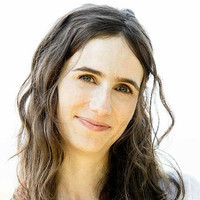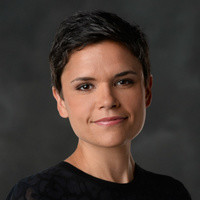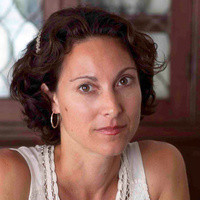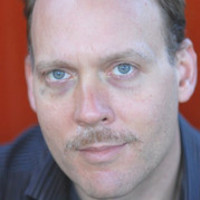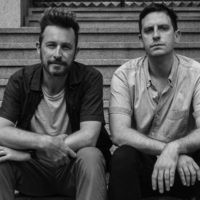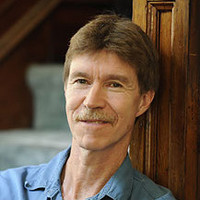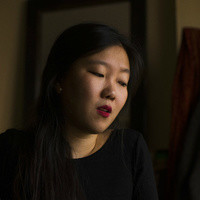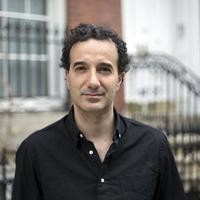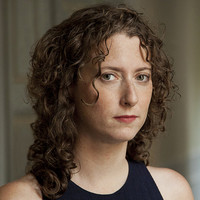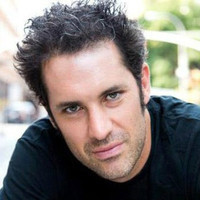Clarissa Ward is the chief international correspondent for CNN. Along with field producer Brent Swails and photojournalists William Bonnett and Scott McWhinnie, Ward won the 2022 George Polk Award for her real-time coverage of the rapid rise of the Taliban as U.S. forces withdrew from Afghanistan last summer.
“I used to come back from war zones and feel completely disconnected from my life—disconnected from my friends, from my family. I would look down on people about the conversations they were having about silly things. I would feel kind of numb and miserable. And then I realized that if you want to be able to keep doing this work, you have to choose to embrace the privileges that you've been given. And you have to choose joy and choose love and be kind to yourself and have a glass of wine and go dancing or run up a mountain—whatever it is that does it for you, embrace it. That is part of the tax you pay for surviving these things: You've got to continue to love life.”
This is the first in a week-long series of conversations with winners of this year's George Polk Awards in Journalism.

